Campers staying in Yukon campgrounds this year will pay more per night and per season, a move aimed to help support maintenance and expansion of the park system.
“Park fees in the Yukon have not been updated since 2002 and, even with these new fees, the Yukon will continue to have the lowest camping fees in the country,” Environment Minister Nils Clarke said in a statement.
A daily camping permit will go up to $20, compared to the current $12. Starting in the new year, campers will be able to buy daily campground permits, the way they currently purchase an annual permit and fishing license. Online permits will be $2 cheaper at $18 per day.
For annual permits that can be used the entire season, the fee will go to $100, up from the current $50, and is set to increase again to $200 in 2023.
In previous years camping has been free for seniors. Now those aged 65 and older will get a 50 per cent discount off the regular price, meaning it will be $10 per day or $50 for an annual permit.
Backcountry permits for Tombstone will be $10 per day and park permit applications, for things like commercial filming or special events, will be $40.
Daily use and parking will continue to be free, and fees will continue to include firewood at campsites. The 2022 serviced camping season will also be longer, running from April 29 to Oct. 2.
“These new fees will help support the expansion of our park network in the future, build a financially sustainable park system and properly maintain parks for Yukoners now and for generations to come,” Clarke said.
Park user fees in British Columbia vary by campsite, ranging from $11 to $35 for regular season frontcountry camping, with most sites around $20 per night. The province doesn’t have an annual pass applicable to all sites.
Similarly, fees in Alberta vary by campsite services from $8 to $31 a night. Fees for NWT Parks vary from $11.25 to $22.50 a night for non-powered campsites, depending on which site and time of the week.
Other jurisdictions have varying levels of services — from interpretive programming, shelters, firewood availability and costs for day use or parking.
The plan to increase fees was part of the Yukon Parks Strategy, a 10-year plan for the parks completed in 2020. The report notes that the current fees charged only cover around 10 per cent of the cost of operating the campsites.
The new fees will directly recover 20 per cent of the costs.
The report also notes that the number of people camping in Yukon parks has gone up 80 per cent from 2008 to 2018. It also hints that an online reservation system may be considered in the future to manage demand, although some first-come-first-served sites will be preserved.
A public survey conducted in September 2020 found that 41 per cent of Yukoners agreed with the fee increases, while 46 per cent disagreed and 13 per cent were “not sure.”
As a result of the survey, the 50 per cent seniors discount was brought in and the increase to $200 for an annual permit phased over two years.
Plan your adventures throughout the West Coast at westcoasttraveller.com and follow us on Facebook and Instagram @thewestcoasttraveller. And for the top West Coast Travel stories of the week delivered right to your inbox, sign up for our weekly Armchair Traveller newsletter!

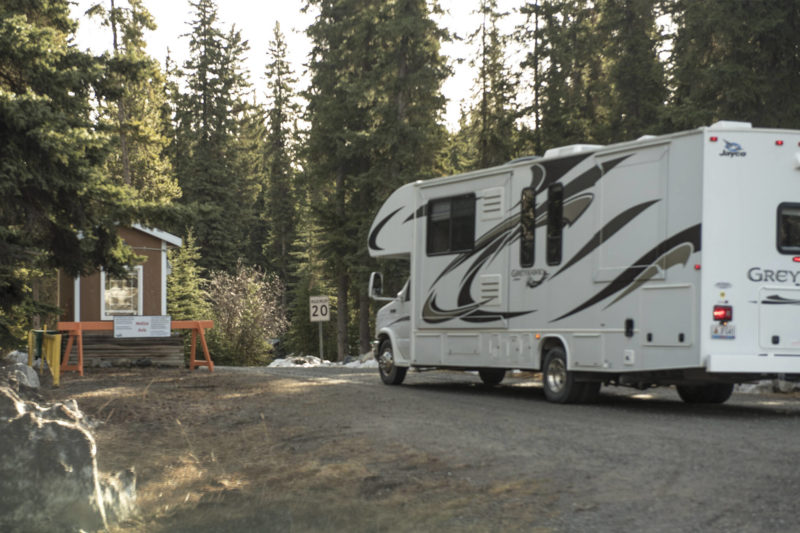
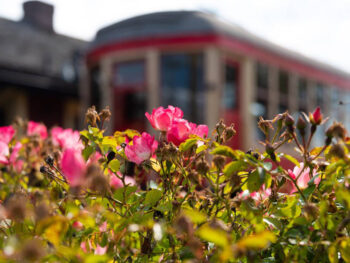

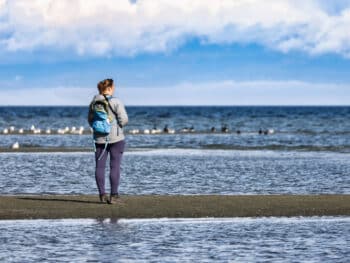

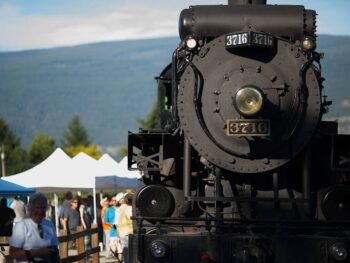
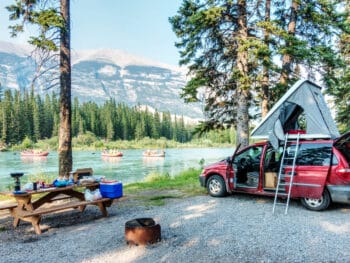

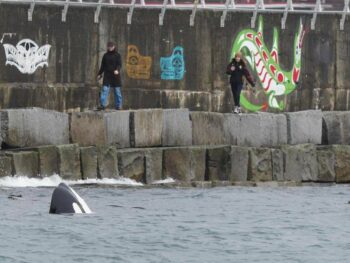
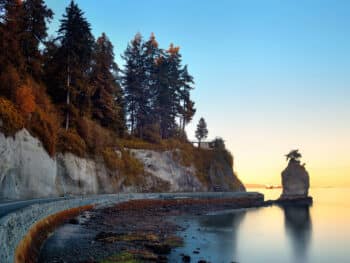
 12 months of terrific travel destinations: West Coast Traveller revisits 2021
12 months of terrific travel destinations: West Coast Traveller revisits 2021